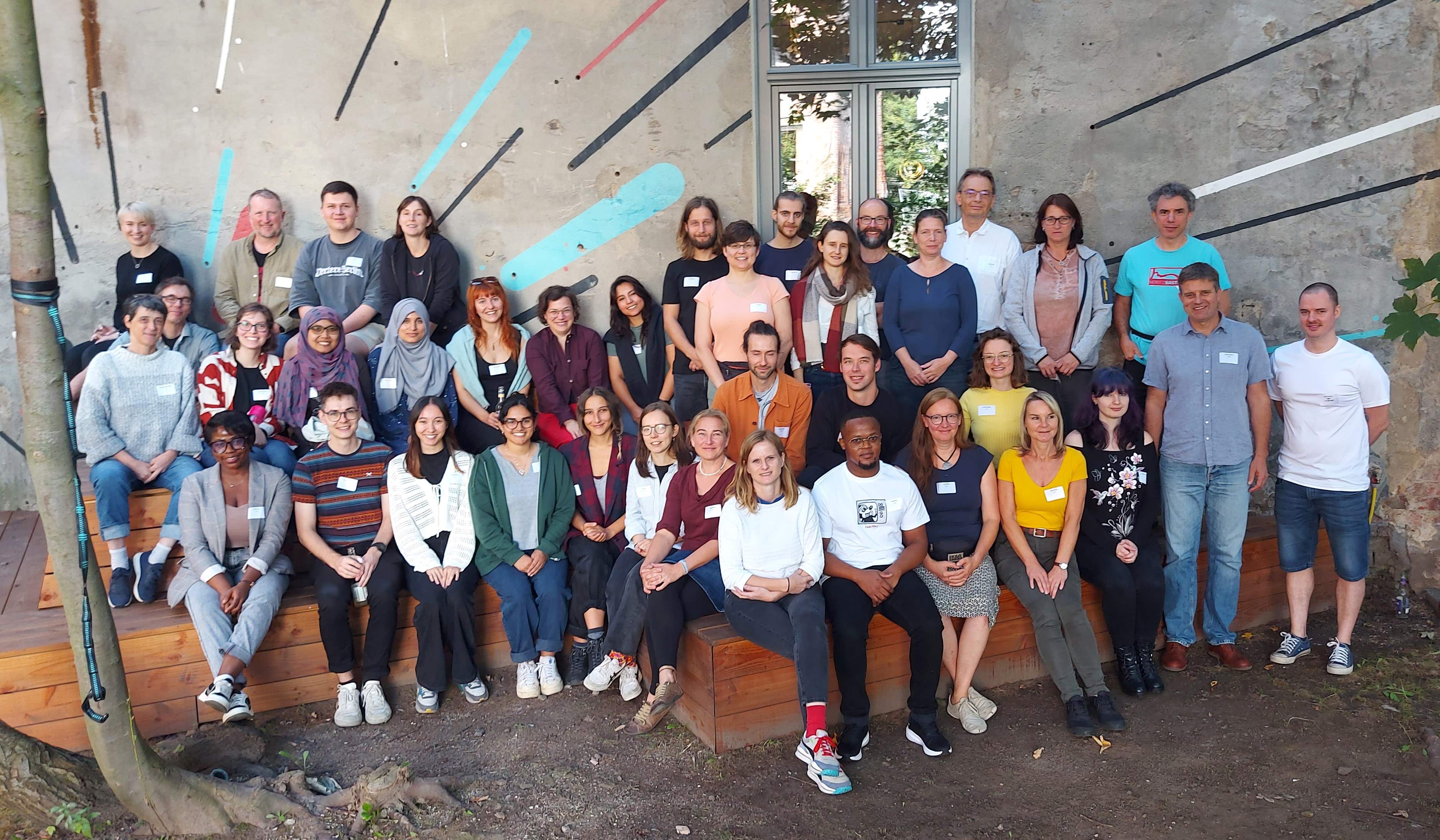Team Ecotoxicology

| Head |
|---|
| Deputy |
|---|
| Assistant |
|---|
| Scientist |
|---|
| Guest Scientist |
|---|
| PhD Student |
|---|
| Technician |
|---|
| Intern |
|---|
| Student Assistant |
|---|
Alumni
Here you can find our alumnis

| Head |
|---|
| Deputy |
|---|
| Assistant |
|---|
| Scientist |
|---|
| Guest Scientist |
|---|
| PhD Student |
|---|
| Technician |
|---|
| Intern |
|---|
| Student Assistant |
|---|
Here you can find our alumnis